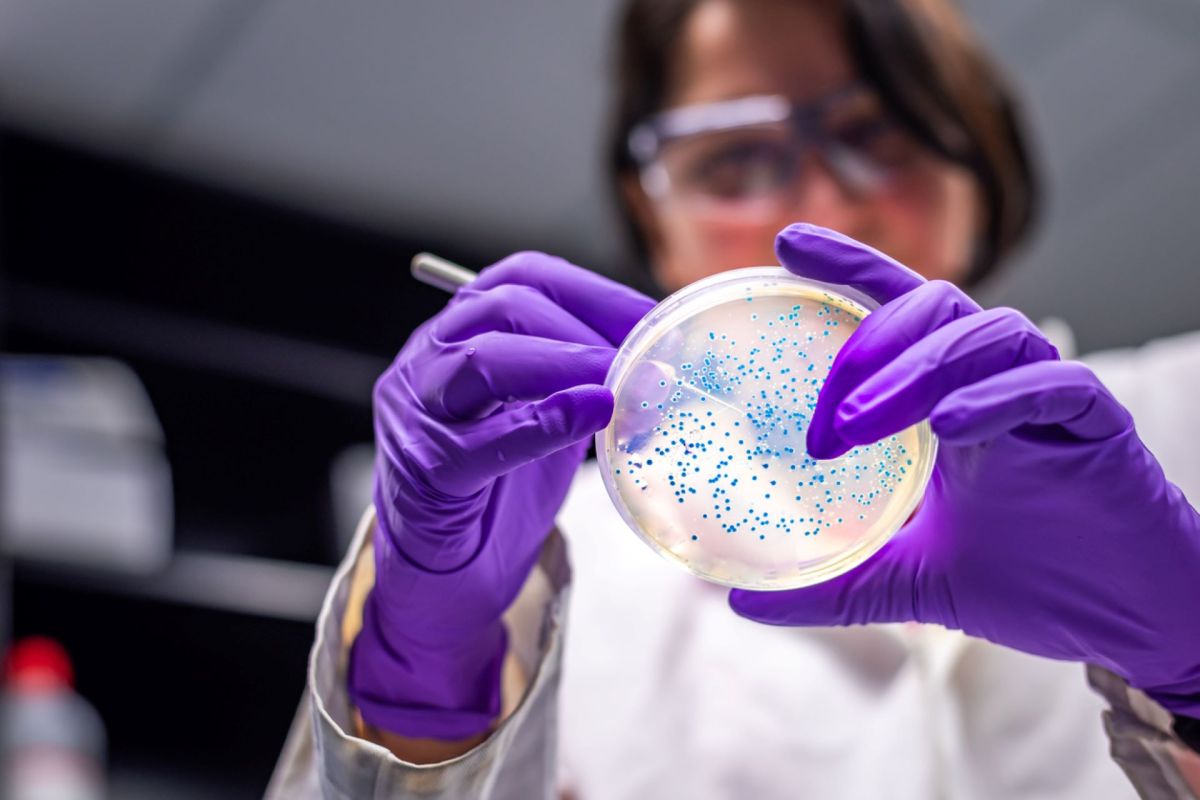Health issues like lung disease, respiratory problems, and heart attacks have been linked to air pollution for decades. As air pollution worsens, researchers are finding new effects, and one of the latest discoveries is shocking: antibiotic resistance.
What's happening?
CNN reported that a new study published in The Lancet Planetary Health outlined the connection scientists found between air pollution and antibiotic resistance.
According to the Environmental Protection Agency, PM2.5 — a type of "particle pollution" or "particulate matter pollution" — is a mix of solid particles and liquid droplets floating in the air. It can come in the form of dirt, dust, soot, or smoke and comes from coal- and natural gas-fired plants, cars, agriculture, unpaved roads, construction sites, and wildfires.
Antibiotic resistance happens when a particular pathogen, like a bacteria, fungi, or parasite, develops a tolerance to a certain kind of medicine, making it so that it will no longer work to fight those infections.
The researchers made a model that allowed them to look at levels of PM2.5 and antibiotic resistance in 166 countries, per CNN, and the model indicated that PM2.5 is responsible for 11% of changes in average antibiotic resistance levels worldwide.
Further, the study — which looked at nine bacterial pathogens and 43 antibiotics — suggested that every 1% rise in air pollution is linked to increases in antibiotic resistance between 0.5% and 1.9%, depending on the pathogen, reported CNN.
"Antibiotic resistance and air pollution are each in their own right among the greatest threats to global health," said Hong Chen, system dynamics and control engineering expert at Zhejiang University in China and an author of the new study.
"Until now," Chen continued, "we didn't have a clear picture of the possible links between the two, but this work suggests the benefits of controlling air pollution could be twofold: Not only will it reduce the harmful effects of poor air quality, it could also play a major role in combating the rise and spread of antibiotic-resistant bacteria."
Why is this possible link concerning?
Antibiotic resistance is becoming a major global issue, accelerating fast and causing an estimated 700,000 deaths annually. CNN reported that the United Nations considers it a "fundamental threat" to the health and safety of the whole world.
Nearly everyone on Earth breathes air that exceeds air quality limits set by the World Health Organization.
While the study is observational, and researchers say that their work needs more testing, CNN reported that if this analysis is correct and PM2.5 levels continue around the same level, the level of antibiotic resistance worldwide will be about 17% higher in 2050 than it is now and could lead to 840,000 people dying from diseases that antibiotics can no longer treat.
What can be done to help?
Scientists say policies to reduce particle pollution would be good for the health of every human, regardless of this study.
Dr. Albert Rizzo, chief medical officer for the American Lung Association, believes even if the theory proves untrue, anything that can be done to lower pollution exposure will help our health."Decreasing PM2.5 pollution is going to save lives, whether or not it's due to antibiotic resistance," Rizzo told CNN.
Join our free newsletter for cool news and cool tips that make it easy to help yourself while helping the planet.









